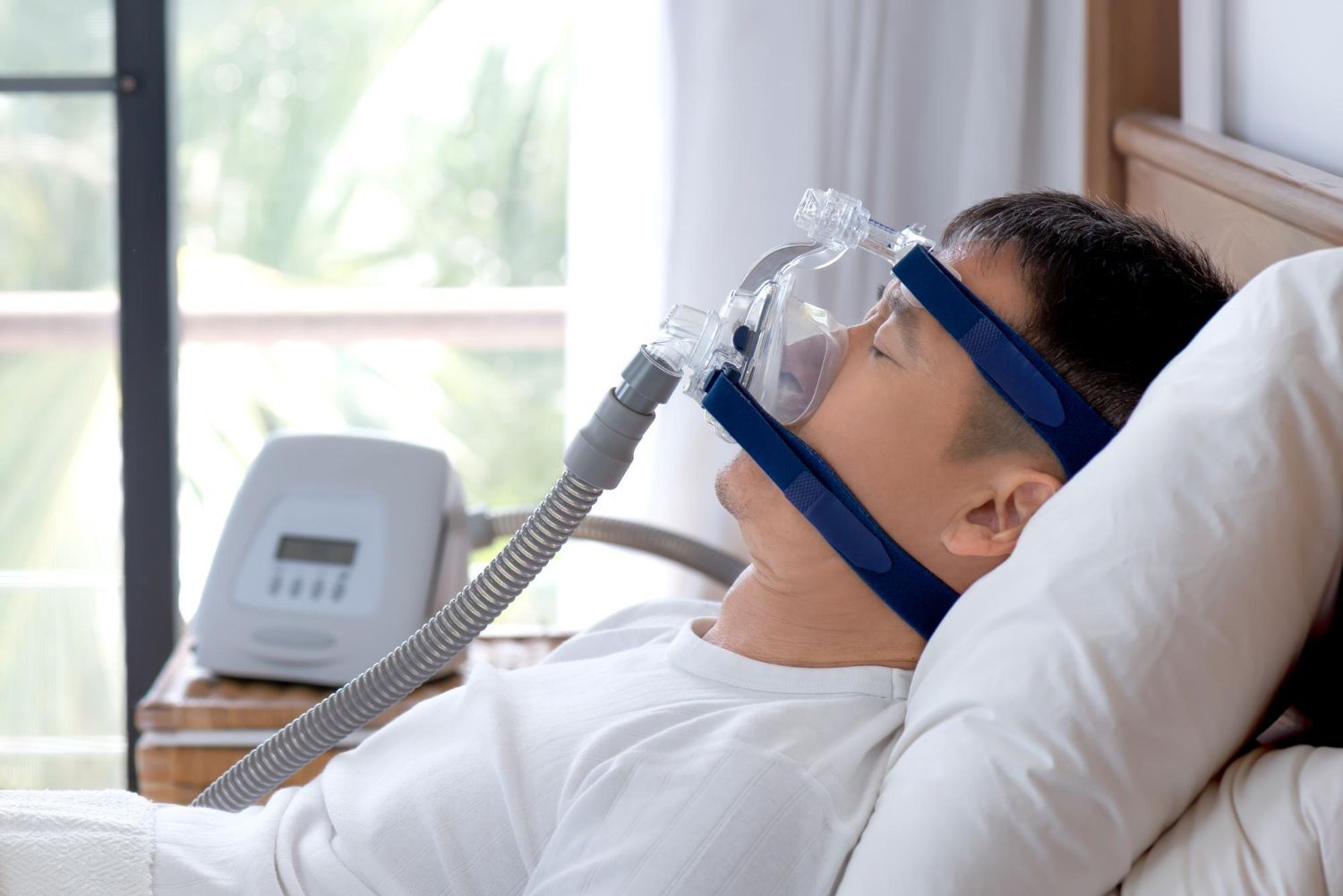Alternatives to CPAP for Sleep Apnea

Dealing with sleep apnea can be challenging, especially when CPAP machines feel cumbersome. The good news is that there are effective alternatives available. Many people find relief from their symptoms through approaches that fit their lifestyle better and offer more comfort.
Patients can find solutions that fit seamlessly into their lives by exploring these different avenues. With the right support and tailored care from professionals like Dr. Fox, managing sleep apnea doesn't have to disrupt daily routines. These alternatives offer a more comfortable way to achieve restful sleep and improve overall well-being.
Understanding Oral Appliance Therapy
Oral appliance therapy is a remarkable solution for those seeking alternatives to traditional treatments for sleep apnea. This therapy involves using a small device similar to a mouthguard worn during sleep. The appliance works by gently positioning the lower jaw forward, which helps keep the airway open, significantly reducing breathing interruptions.
The mechanics behind these devices are simple yet effective. Adjusting the jaw placement keeps the tongue and soft tissues from collapsing and blocking the airway. This helps prevent snoring and enhances airflow, leading to a more restful night's sleep. Waking up refreshed and energized becomes more attainable without the heavy machinery often associated with other treatments.
Many patients find oral appliance therapy more comfortable and less invasive. One of the biggest advantages is the ease of use. The appliances are customized for each person, ensuring a perfect fit that won't disrupt your sleep. They are also portable, making them ideal companions for traveling.
With the right fit and adjustments, which professionals like Dr. Fox provide, this therapy can be an excellent alternative for managing sleep apnea. Thanks to these tailored devices, patients often report improved sleep and a better quality of life.
Lifestyle Modifications for Better Sleep
Minor lifestyle changes can significantly impact sleep quality. By adopting healthier habits, you can alleviate some sleep apnea symptoms and enjoy better rest.
Diet and exercise play crucial roles. Eating a balanced diet and maintaining a healthy weight can reduce the severity of sleep apnea. Avoiding heavy meals before bedtime and limiting caffeine intake can also improve sleep. Regular physical activity helps keep your body and mind in shape, leading to more restful sleep.
Sleep positioning is another simple yet effective method. Elevating your head a bit can keep your airway open. Sleeping on your side instead of on your back can reduce airway obstruction. Here are some tips to help you make these changes:
- Use a pillow designed to keep your head elevated.
- Experiment with different sleeping positions to find what suits you best.
- Avoid sleeping flat on your back, which can worsen symptoms.
These adjustments and other treatments like oral appliance therapy can collectively enhance sleep quality. By making these small, positive changes in your routine, you set yourself up for more successful sleep management and overall well-being.
Exploring Positional Therapy
Positional therapy is a straightforward yet effective strategy for managing sleep apnea. This method involves changing sleeping positions to prevent the airway from becoming obstructed. People with sleep apnea often find their symptoms worsen when lying on their backs, as gravity causes the tongue and soft tissues to collapse, blocking the airway.
Positional therapy encourages side-sleeping, which helps keep the airway clear. It's a practical approach for those who experience mild sleep apnea, especially if it's mainly position-dependent. The great thing about this therapy is its simplicity and the lack of need for machines or medications.
Several tools can support positional therapy:
- Special pillows: These are designed to keep you on your side and enhance comfort.
- Sleep belts or vests: They have gentle reminders to stay off your back.
- Alarms: Devices that beep or vibrate if you roll onto your back during sleep.
Positional therapy can help improve sleep quality and reduce apnea events through these tools. It's a manageable option for many people with sleep apnea, contributing positively to their sleep health and overall lifestyle.
The Role of Dr. Fox in Personalized Care
Dr. Fox is dedicated to offering tailored sleep solutions. Instead of a one-size-fits-all approach, Dr. Fox ensures each patient receives individual care. The process begins with a personalized assessment to understand the patient’s specific sleep patterns and concerns. This helps in tailoring treatments that are both effective and comfortable.
Dr. Fox focuses on precisely fitting oral appliances, guaranteeing they work optimally for the user. Customization is crucial here, as every patient's mouth and jaw structure is unique. This ensures the device delivers maximum benefit, effectively addressing the apnea symptoms.
Regular follow-ups are essential to this personalized care. Dr. Fox schedules routine appointments to monitor progress, make necessary adjustments, and ensure the therapy remains effective. This ongoing support helps patients adapt and feel more comfortable with their treatment plans.
Conclusion
Exploring alternatives to traditional treatments for sleep apnea can open doors to more comfortable and effective solutions. From oral appliances to lifestyle changes and positional therapy, managing sleep apnea doesn't have to mean cumbersome equipment and restless nights.
Dr. Fox at Pennsylvania Dental Sleep Medicine offers personalized assessments and patient-centered care. This ensures each treatment plan is specifically crafted to suit an individual’s needs, providing the support and adjustments necessary for long-term success.
Struggling with sleep apnea can be exhausting, but you don't have to navigate it alone. Connect with Pennsylvania Dental Sleep Medicine to discover how personalized CPAP alternatives like oral appliance therapy can help you reclaim restful nights. Call us today to schedule your consultation with Dr. Fox and take the first step towards improved sleep and well-being.


